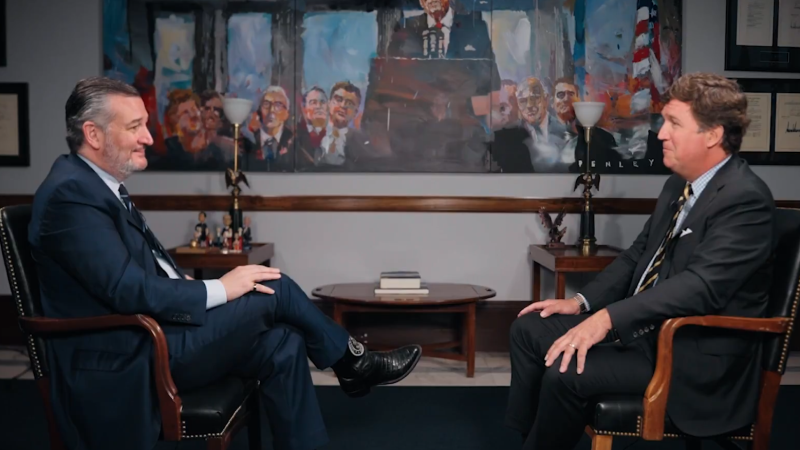 Image Credit: zmeel / Getty
Image Credit: zmeel / Getty Britain’s Online Safety Act has claimed its first major courtroom victory over one of the internet’s most collaborative platforms, with the High Court rejecting the Wikimedia Foundation’s legal challenge.
The ruling leaves intact a law that is a blueprint for government-controlled online discourse, raising alarms about the erosion of free expression in the UK, which is currently experiencing a free speech emergency.
Wikimedia, which runs Wikipedia, warned that the legislation’s broad powers could shackle the site under the most restrictive classification available, known as “Category 1.”
This designation would compel Wikipedia to verify the identities of everyone who edits or contributes, a move the foundation says would gut its volunteer-driven model, drive away UK contributors, and limit public access to one of the world’s most important repositories of knowledge.
Justice Jeremy Johnson dismissed the challenge but made clear his ruling did not give regulators carte blanche. He said Wikimedia could return to court if Ofcom “(impermissibly) concludes that Wikipedia is a Category 1 service” and emphasized that the decision “does not give Ofcom and the Secretary of State a green light to implement a regime that would significantly impede Wikipedia’s operations.”
Wikimedia described the outcome as disappointing, noting it “does not provide the immediate legal protections for Wikipedia that we hoped for,” while still welcoming the judge’s reminder that Ofcom and the government have a responsibility to ensure the site is protected from harmful overreach.
The Department for Science, Innovation and Technology declined to comment, while Ofcom said it would “continue to progress our work in relation to categorized services.” Criticism of the Online Safety Act has been mounting since it passed in 2023, with the UK’s Reform UK party vowing to repeal the law if elected.
US lawmakers have begun openly condemning the UK’s Online Safety Act, warning that it could set a dangerous precedent for government control over online speech.
House Judiciary Chair Jim Jordan labeled it “the UK’s online censorship law” and argued it gives British authorities the power “to dictate how social media companies must censor so-called ‘disinformation,’ ‘misinformation,’ and hate speech.”
Senator Ron Wyden voiced similar concerns, saying “The cybersecurity of Americans’ communications and digital lives must be defended against foreign threats,” and cautioning that the law’s requirements could force US officials’ communications to use “weakened encryption and storage in the UK” if implemented as written.
Both lawmakers see the Act as a direct threat to free expression and secure communication, with potential consequences far beyond Britain’s borders.
BREAKING: JD Vance Just Unveiled President Trump’s Take-It-Or-Leave-It Offer To Zelensky!



